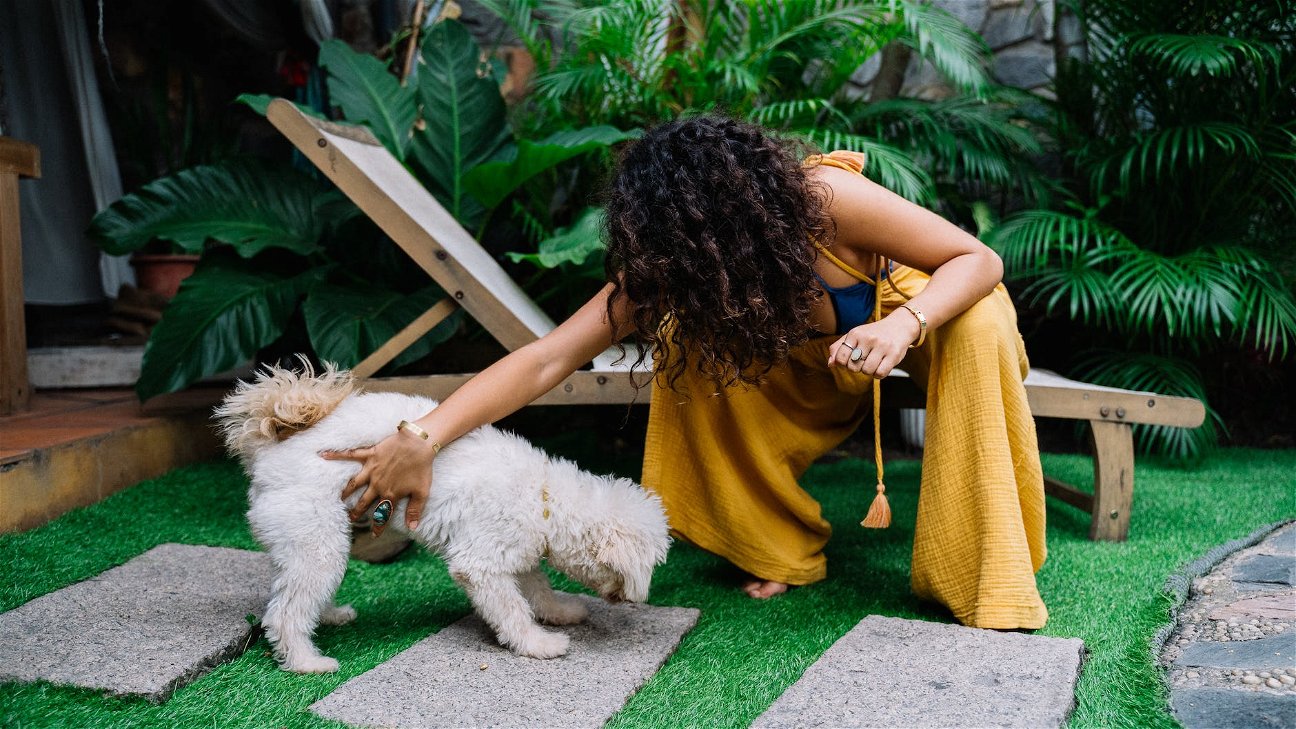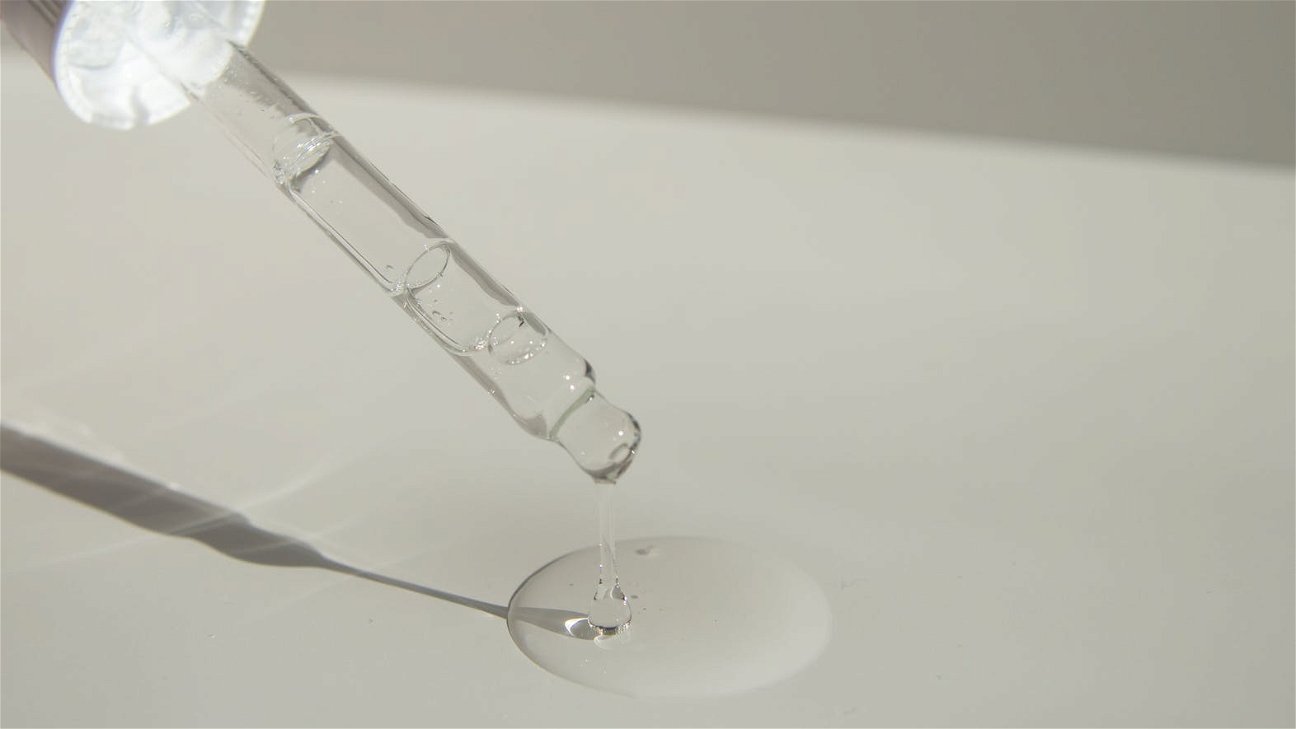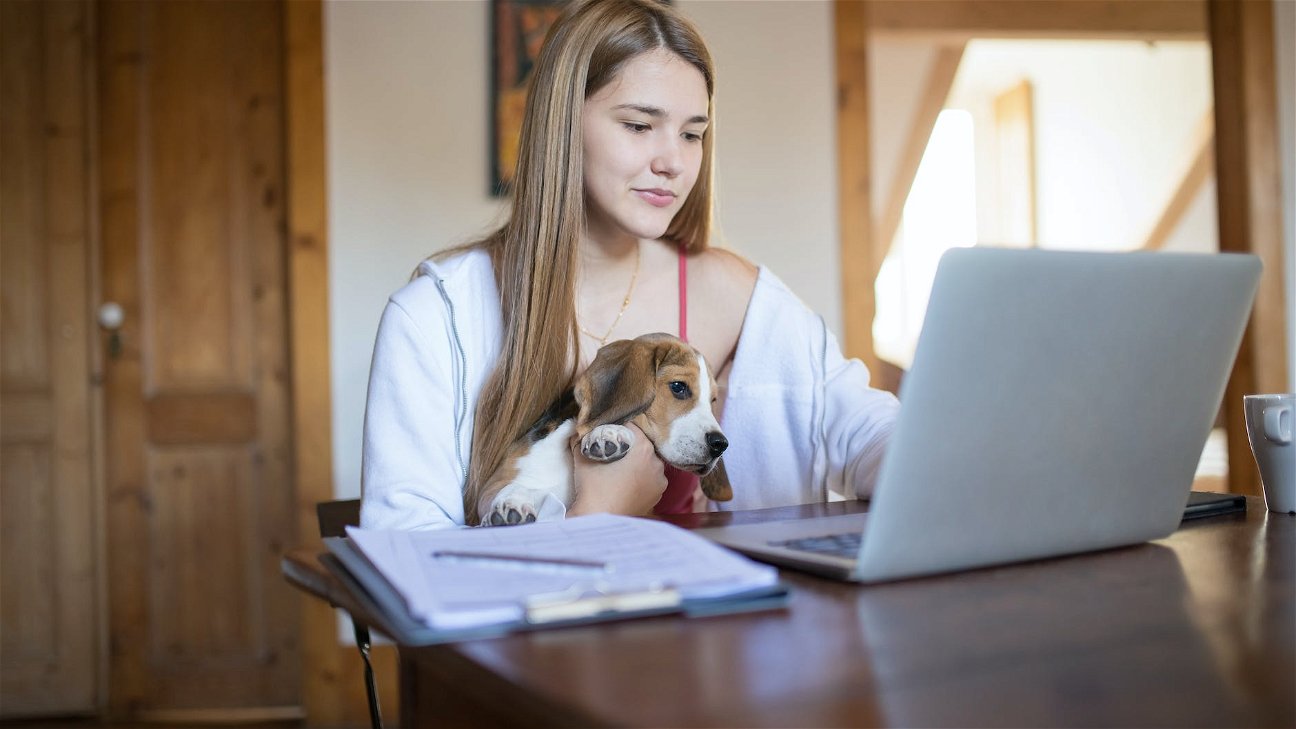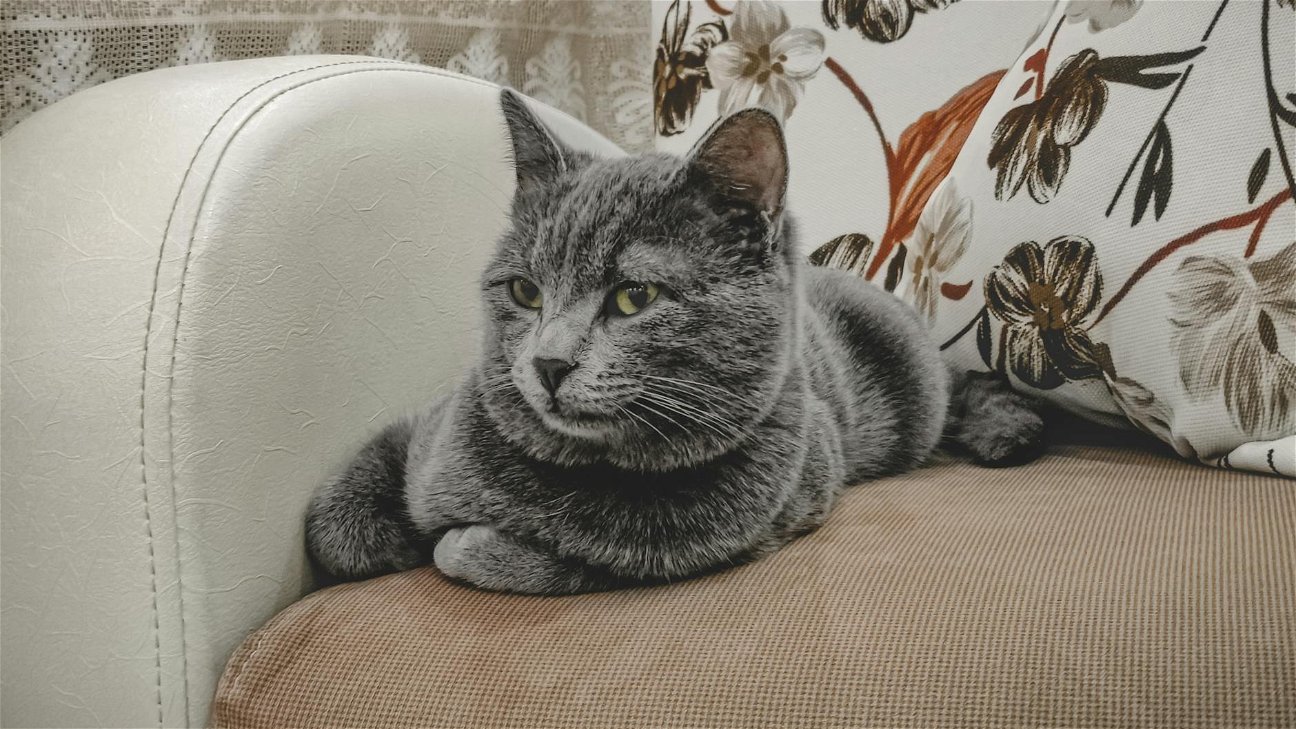
As a pet parent, you undoubtedly want nothing but the best for your furry friend. While adding greenery to your home can be beneficial for both your physical and mental health, it's important to be aware that not all plants are pet-friendly. In fact, there are a number of plants that are extremely toxic to pets, and can cause a variety of symptoms ranging from mild irritation to serious illness, or even death. This article will discuss three common houseplants that are toxic to pets, symptoms to watch out for, and how to keep your pets safe.
The Sago Palm
The Sago Palm is a popular indoor plant due to its aesthetic appeal. However, it's one of the most poisonous plants for dogs and cats. All parts of this plant, especially the seeds, are toxic.
Symptoms of Sago Palm poisoning in pets:
- Vomiting
- Diarrhea
- Seizures
- Liver failure
If you notice any of these symptoms, take your pet to the vet immediately.
Lilies
A favorite among many due to their beautiful flowers, Lilies are unfortunately also toxic to pets, especially cats. Even small ingestions of this plant can result in severe kidney damage.
Symptoms of Lilly poisoning in pets:
- Vomiting
- Decreased appetite
- Increased or decreased urination
Again, immediate veterinary attention is necessary if you suspect lily poisoning.
Dieffenbachia
Known for its lush leaves, the Dieffenbachia plant can cause significant harm to pets if ingested. This plant contains oxalate crystals which can cause pain and swelling if chewed or swallowed.
Symptoms of Dieffenbachia poisoning in pets:
- Drooling
- Pawing at the mouth
- Difficulty swallowing
In case of suspected Dieffenbachia ingestion, contact your vet right away.
Keeping Pets Safe from Toxic Plants
Keeping your pets safe from toxic plants starts with identifying and removing any harmful plants. Always research any plant before bringing it into your home. Some other strategies include:
- Training your pets not to chew on any plants.
- Keeping plants out of reach of pets.
- Choosing pet-safe houseplants.
Remember, prevention is always better than cure. Keeping your pets safe from harmful plants ensures a happy and healthy cohabitation.
If your pet ingests a toxic plant, it's crucial to seek veterinary help immediately. Time is of the essence and quick action could potentially save your pet's life.











